A stability study measures the extent to which a product retains, within specified limits, and throughout its period of storage and use, the same properties and characteristics that it possessed at the time of compounding.
A study commonly includes: a stability indicating method assay, sterility (for sterile preparations), endotoxin (for most sterile preparations), pH, visual inspection, particulate matter, preservative effectiveness, preservative quantification, microbial limits (for non-sterile preparations), and the absence of specified organisms (for non-sterile preparations).
Articles:
- Chemical Stability of Admixtures Containing Ziconotide 25 mcg-mL and Morphine Sulfate 10 mg-mL or 20 mg-mL During Simulated Intrathecal Administration
- Compatibility and Stability of Palonosetron Hydrochloride and Propofol During Simulated Y-Site Administration
- Compatibility and Stability of Palonosetron Hydrochloride with Four Neuromuscular Blocking Agents During Simulated Y-Site Administration
- Compatibility and Stability of Palonosetron Hydrochloride with Gentamicin Metronidazole or Vancomycin During Simulated Y-Site Administration
- Compatibility of Caspofungin Acetate Injection with Other Drugs During Simulated Y-Site Coadministration
- Compatibility of Micafungin Injection with Other Drugs During Simulated YSite Coadministration
- Drug Compatibility with a New Generation of VISIV Polyolefin Infustion Solution Containers
- Palonosetron Hydrochloride Compatibility and Stability with Three Beta-Lactam Antibiotics During Simulated Y-Site Administration
- Physical and Chemical Stability of Palonosetron Hydrochloride with Glycopyrrolate and Neostigmine During Simulated Y-Site Administration
- Physical and Chemical Stability of Palonosetron with Metoclopramide and Promethazine During Simulated Y-Site Administration
- Stability of Metronidazole Benzoate in SyrSpend SF One-Step Suspension System
Also known as y-site studies, compatibility testing is performed to ensure that the mixing of two different formulations does not impact the physical or chemical properties of the drugs.
Articles:
- Compatibility and Stability of Palonosetron Hydrochloride and Propofol During Simulated Y-Site Administration
- Compatibility and Stability of Palonosetron Hydrochloride with Four Neuromuscular Blocking Agents During Simulated Y-Site Administration
- Compatibility and Stability of Palonosetron Hydrochloride with Gentamicin Metronidazole or Vancomycin During Simulated Y-Site Administration
- Compatibility of Caspofungin Acetate Injection with Other Drugs During Simulated Y-Site Coadministration
- Compatibility of Micafungin Injection with Other Drugs During Simulated YSite Coadministration
- Drug Compatibility with a New Generation of VISIV Polyolefin Infustion Solution Containers
- Palonosetron Hydrochloride Compatibility and Stability with Three Beta-Lactam Antibiotics During Simulated Y-Site Administration
- Physical and Chemical Stability of Palonosetron Hydrochloride with Glycopyrrolate and Neostigmine During Simulated Y-Site Administration
- Physical and Chemical Stability of Palonosetron with Metoclopramide and Promethazine During Simulated Y-Site Administration
- Stability of Metronidazole Benzoate in SyrSpend SF One-Step Suspension System
See more at the Raw Material Laboratory Services page
A PK/PD study analyzes the rate and extent of absorption of the active ingredient or moiety and emphasizes the use of pharmacokinetic endpoints in an accessible biological matrix, such as blood, plasma, and/or serum, to indicate release of the drug substance from the drug product into the systemic circulation.
ARL Bio Pharma has extensive experience with chemical, manufacturing and controls testing for original and abbreviated new drug applications. This testing includes: identification tests, quantitative tests for impurities content, limit tests for the control of impurities, performance tests such as dissolution/disintegration and quantitative tests of the active moiety in samples of drug substance or drug product or other selected component(s) in the drug product.
ARL Bio Pharma offers a formulation specific, validated nucleic acid amplification PCR method to screen test samples for mycoplasma. In all cases, careful aseptic technique, appropriate laboratory conditions, and a highly trained staff are able to properly interpret the results are required.
Articles:

